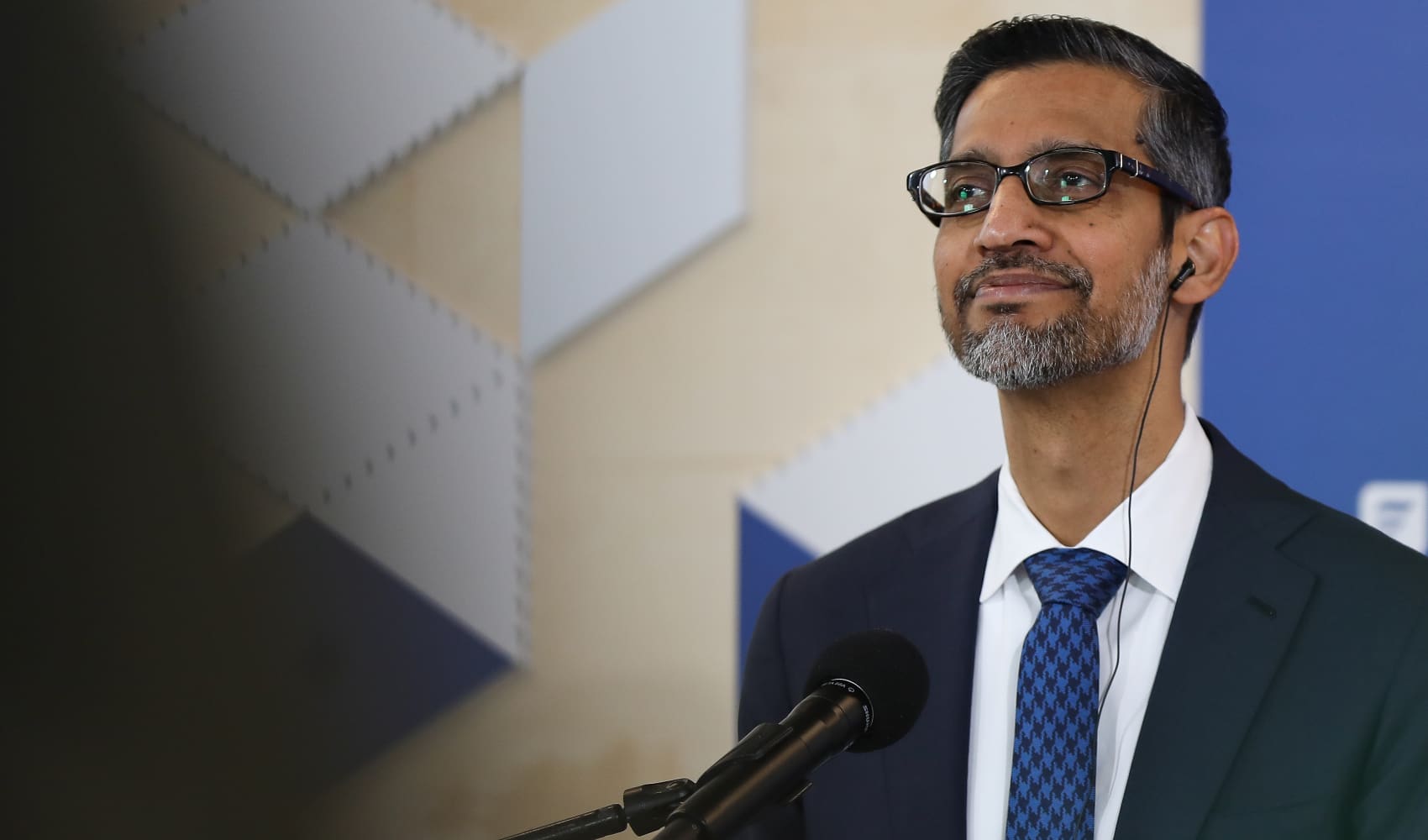
Judy Smith attends 2017 Matrix Awards at Sheraton New York Times Square.
Judy Smith knows a thing or two about fixing mistakes.
The lawyer, author and consulting firm CEO has spent more than 30 years counseling people through their biggest blunders and controversies, from former president George H. W. Bush to Fortune 500 CEOs and professional athletes. Her work in crisis management inspired ABC's TV show "Scandal," for which she served as a co-executive producer.
Her No. 1 piece of advice for what to do after making a mistake, especially if you don't want to lose someone's respect over it: Fess up early. The truth "is going to come out," Smith said on a March 25 episode of the "Everyday Better with Leah Smart" podcast. "You can either take your poison now or take it later."
'I think our first instinct sometimes is to not come forward and say the truth, thinking, 'It will get better. People won't find out. It's too hard to come out and say this now,'" said Smith, adding: "But it always comes out in the wash. It's just a question of when."
Get top local stories in Philly delivered to you every morning. Sign up for NBC Philadelphia's News Headlines newsletter.
A typo or incorrect data in a report can lead to big financial risks. A miscommunication could cause a ripple effect of misinformation across your entire team. Rather than hope no one picks up on your blunder, own up, apologize and offer solutions, Smith said.
DON'T MISS: How to change careers and be happier at work
Taking responsibility in these moments shows transparency and professionalism, both of which boost authenticity in the workplace, leadership expert and LinkedIn Learning instructor Scott Mautz wrote for CNBC Make It in October 2024.
Money Report
Smith pointed to General Motors CEO Mary Barra as someone who's showed how to effectively fix a mistake. Barra became General Motors' CEO in January 2014. A month later, the company began a recall process that ultimately encompassed millions of vehicles, over a faulty ignition switch caused at least 124 deaths.
Barra publicly apologized repeatedly, vowed to change her company's culture and announced a compensation fund for victims and their families.
"I want this terrible experience permanently etched in our collective memories," she told members of U.S. Congress in June 2014. "This isn't just another business challenge. This is a tragic problem that never should have happened. And it must never happen again."
Later that year, Barra was named Fortune's "crisis manager of the year."
"She was told by so many people, 'Just go out, apologize one time and don't say anything else about the bad cars,'" Smith said. "And [Barra] said, 'No, I'm not doing that' ... To a lot of folks' surprise, that was a very successful strategy for her."
Your mistakes might not be quite as magnified — unless you also run a multibillion-dollar company, that is — but they're part of life, nonetheless. They're essential to your growth and development as a human, and are a critical part of learning. In other words, you shouldn't spend your days obsessing about avoiding them, Smith said.
So take a breather, and summon the courage to speak up instead of hiding your mistake, she added.
"We all screw up. We all make mistakes," she said. "Life is about growing, it's about learning and it's about risk ... And I also think it's about second chances."
Do you want a new career that's higher-paying, more flexible or fulfilling? Take CNBC's new online course How to Change Careers and Be Happier at Work. Expert instructors will teach you strategies to network successfully, revamp your resume and confidently transition into your dream career. Register today and use coupon code EARLYBIRD for an introductory discount of 30% off $67 (+taxes and fees) through May 13, 2025.
Plus, sign up for CNBC Make It's newsletter to get tips and tricks for success at work, with money and in life.






